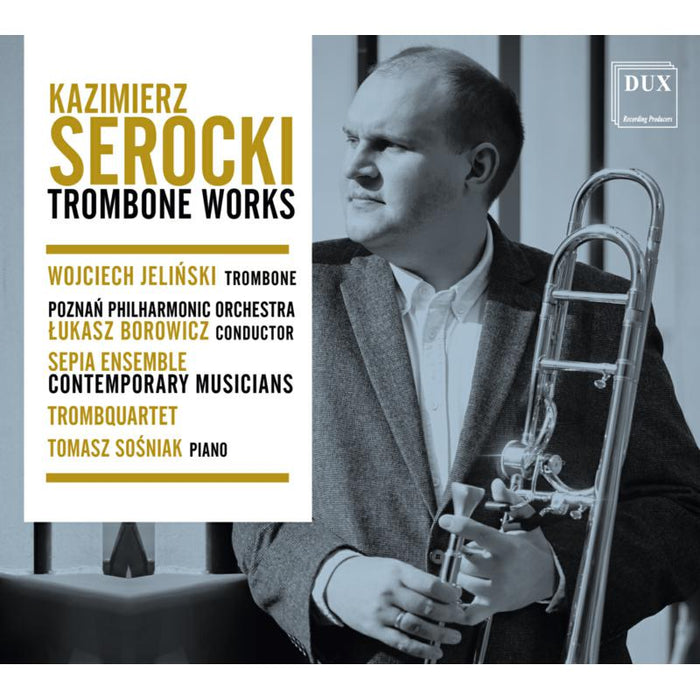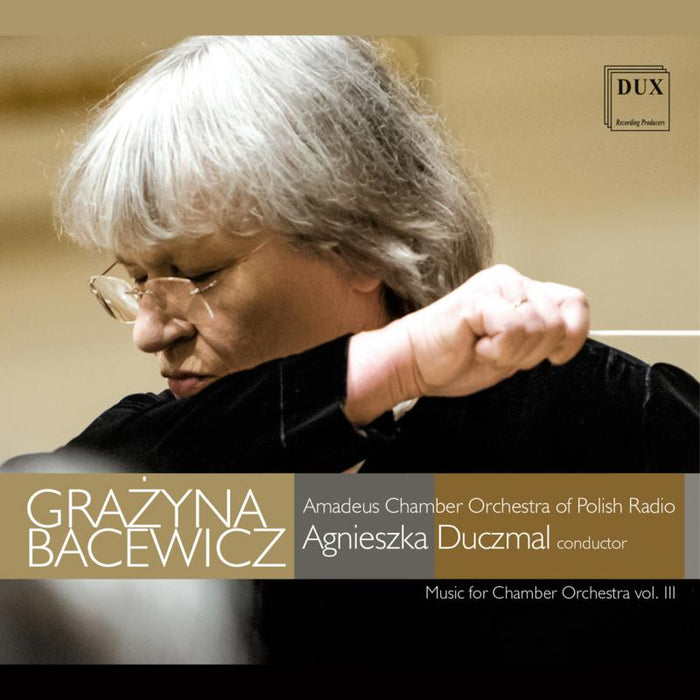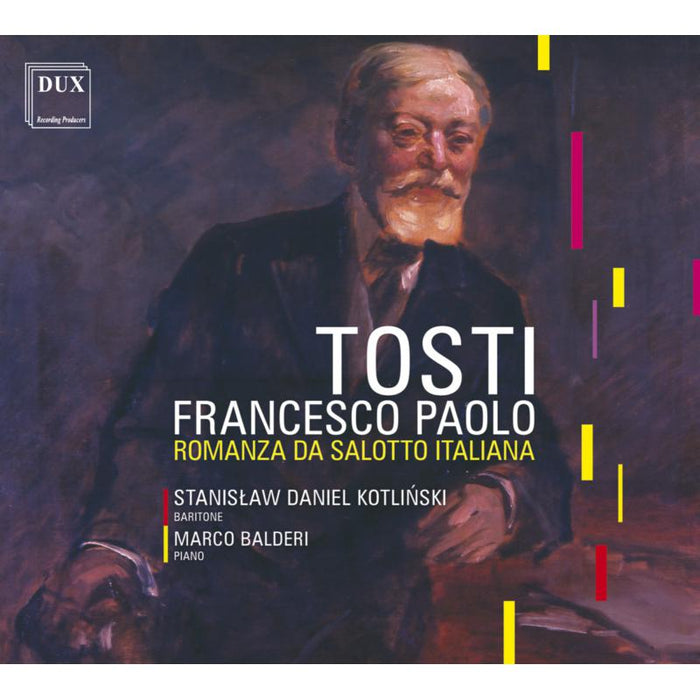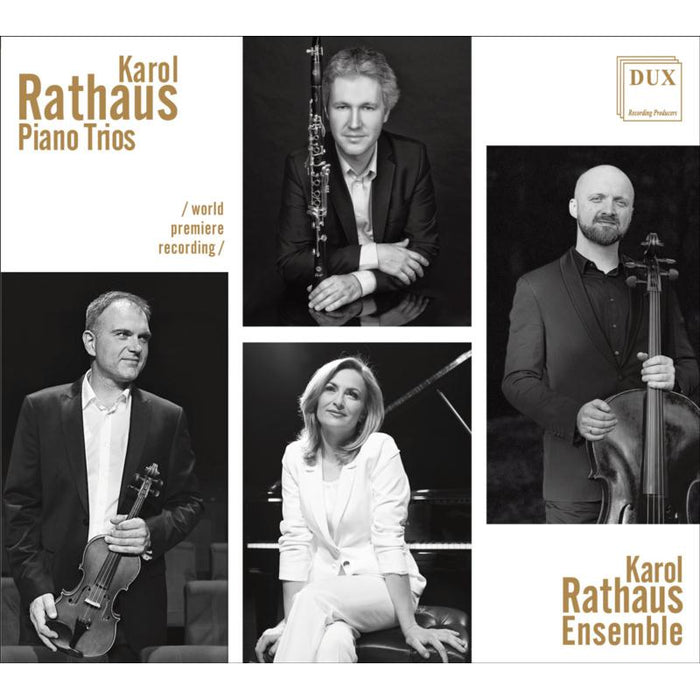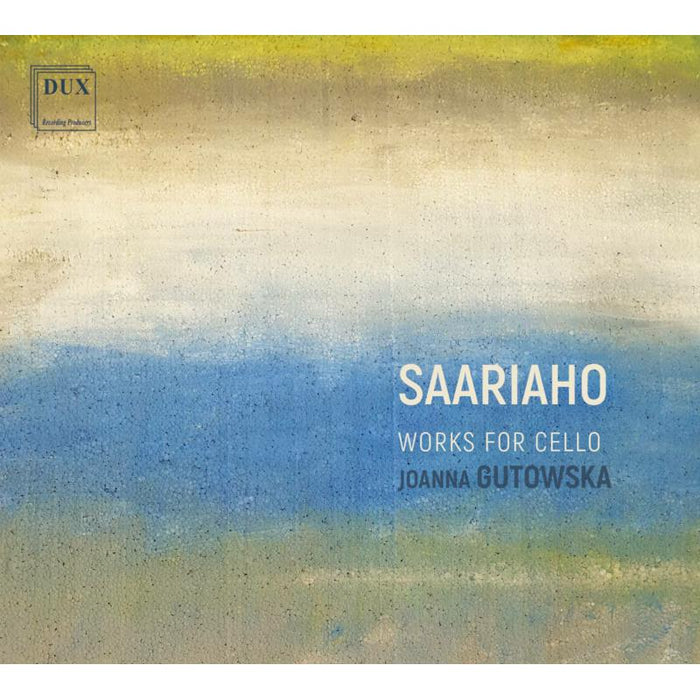Description
The works presented on this album share a common idea – "journey of a wanderer to the dawn". Melancholy, which accompanies us from the first chords, which at the end of the journey is somewhat dispersed by the tones of the Concerto for Piano, String Orchestra, and Harp, although even in this composition there are dark reminiscences of the past.
Most of the compositions recorded on the album come from the war years (1941–45): Three Nocturnes for piano, Trois ballades hebraiques for violin and piano, Triptyque contemporain for cello and piano, and Trois préludes for piano, kept in the spirit of Rachmaninoff's oeuvre. Shortly after the war, in 1948, Ryterband wrote the Concerto for piano, string orchestra and harp. The three-movement Sonatina for guitar – a piece that was never performed in his lifetime was written in 1978.
In the case of two works – Trois ballades hebraiques and Triptyque contemporain – the composer left initial sketches for both manuscripts; they constitute a personal, philosophical guide to the sounds of both compositions. Triptyque contemporain is a cycle of three miniatures in which the composer "exorcises" the memory of the Holocaust. Although he does not mention it directly, the notes he left for these compositions contain clear traces of unhealed wounds after the loss of the people closest to him.
Roman Ryterband's music, though imbued with sadness and reflection on the world, which forever changed its face after the nightmare of World War II, does not lack joyful moments for which it is worth to continue wandering to the "sunrise" and unconcealed optimism, without which every morning awakening would be a constant anguish. The Journey is a musical journey through the mystical dimensions of human life – faith, pain, joy, love, suffering, and hope.



